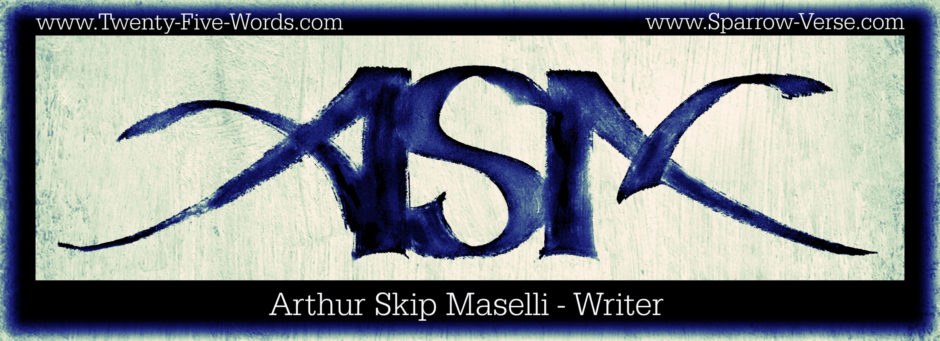In this last month of 2015, much of the world has celebrated the birth of the Prophet Jesus and Prophet Muhammad – each respectively attributed with the message of Christianity and Islam. Yet neither came to establish a new religion; men did not invent and anoint them as political warriors to represent their God. They emerged from within themselves amidst a vast contrary. Paraphrasing one my most favorite quotes by Dr. Omid Safi, “…no messenger of God ever came into the world and said, ‘Hey, everyone listen; let’s just keep everything the way it is now!’”
On the day of the Prophets’ births, “now” was “then.” The world suffered its present state more than it awaited its rescue – and their contemporary societies waited. They waited, some for a “who,” some for a “what” and all for a “when.” People unraveling, swaying with shifting winds; hardening in the cold – standing outside the warmth of a light that would not shift toward them – unless they took a step toward it. And every day, decade after decade, century after century, mankind ever so gradually became numb… all they’d become from what their ancestors taught would simply calcify into stasis.
They filled their hands with idols as memories drained from their hearts. They knew not enough to wait, but knew too much to listen for the inkling of change, for it is subtle at first. And at some point, they stopped waiting at all.
And then the Prophets arrived. Each born in hardship into the conditions of his time and place, yet each set upon the earth to put in motion change far and wide, and deep into the unknown future. The people stirred. It was at first slow and dangerous. The Prophets were persecuted, pursued, assaulted by the languishing majority. The subtly of truth will not be contained for long.
The people stirred. They stirred not just in their minds; some sparked from deep within the unknown centers of their hearts. Every man who began to listen, willingly carried the same risk and consequence as his teacher. Jesus had his disciples and traitors, Mohammad had his. They put their word before the sword; they would rather die beseeching faith within others, then leave all to die without it.
As history had shown before them (and still reveals today) others would choose instead to use “the word as the sword” and so, once again, losing their “religiosity” through the fog of “religion.” Society falls to ruins and the cycle repeats.
Considering the above thoughts, I wonder if we would know a Prophet if we saw him or her today? And do we require another?
In their angst for finding a solution, men have resurrected prophets as loud speakers for their own dictum and have thus disrupted a religion perfected by God in the beginning and the end. But we have trouble with intangibles and seek exterior measures of religion. But there is something pristine and crystalline in our hearts – something that awaits, searches, and beckons NOT for answers emerging from the chaos, but for stirrings from within.
The Prophet have brought revelations as prescriptions for behavior and belief – yet I submit that these words (behavior and belief) have important different meanings; they complement, they express, they conflict, and each may be a metaphor for the other, or for something still deeper. You may call religion what you will – but of religious scripture, be aware of what is intended for behavior and what is intended for belief.
I find this passage in the Quran (5:33) particularly interesting:
“This day have I perfected for you your [religion, way of life] and completed My favor on you and chosen for you [Islam, submission] as [a, your] religion.”
In the various translations I could find (which sadly, I hear, do not move so easily into English) this surah does not say “the” religion, or the “only” religion. Simply “religion.” In essence reaffirming, that submission to God (islam) is the way of religiosity – and its continuance. For this reason, Muhammad is called the Seal of the Prophets. Not because he came to replace Christianity, or Judaism, but to restore the underlying premise of religion as a submission to God and to oneself; to lift religiosity from the confusion of religion.
We do not need another prophet. I have replaced the waiting-on-all-around-me to the search-of-the-prophet-within-me. It’s always been there, woven with the very same thread of Adam. Nothing has changed, but me.
Heraclitus said,
“No man ever steps in the same river twice, for it’s not the same river and he’s not the same man.”
So I am brought to this similar quote and extension of Heraclitus, modern day poet from songwriter, Ben Gibbard (front man for Death Cab for Cutie):
“These roads don’t move, you’re the one that moves.”
I believe the constancy of change is actually the immovable channel bed through which the divine flows. There is not a succession of multiple religions, rather there is one religiosity among a succession of men.
Like this:
Like Loading...









